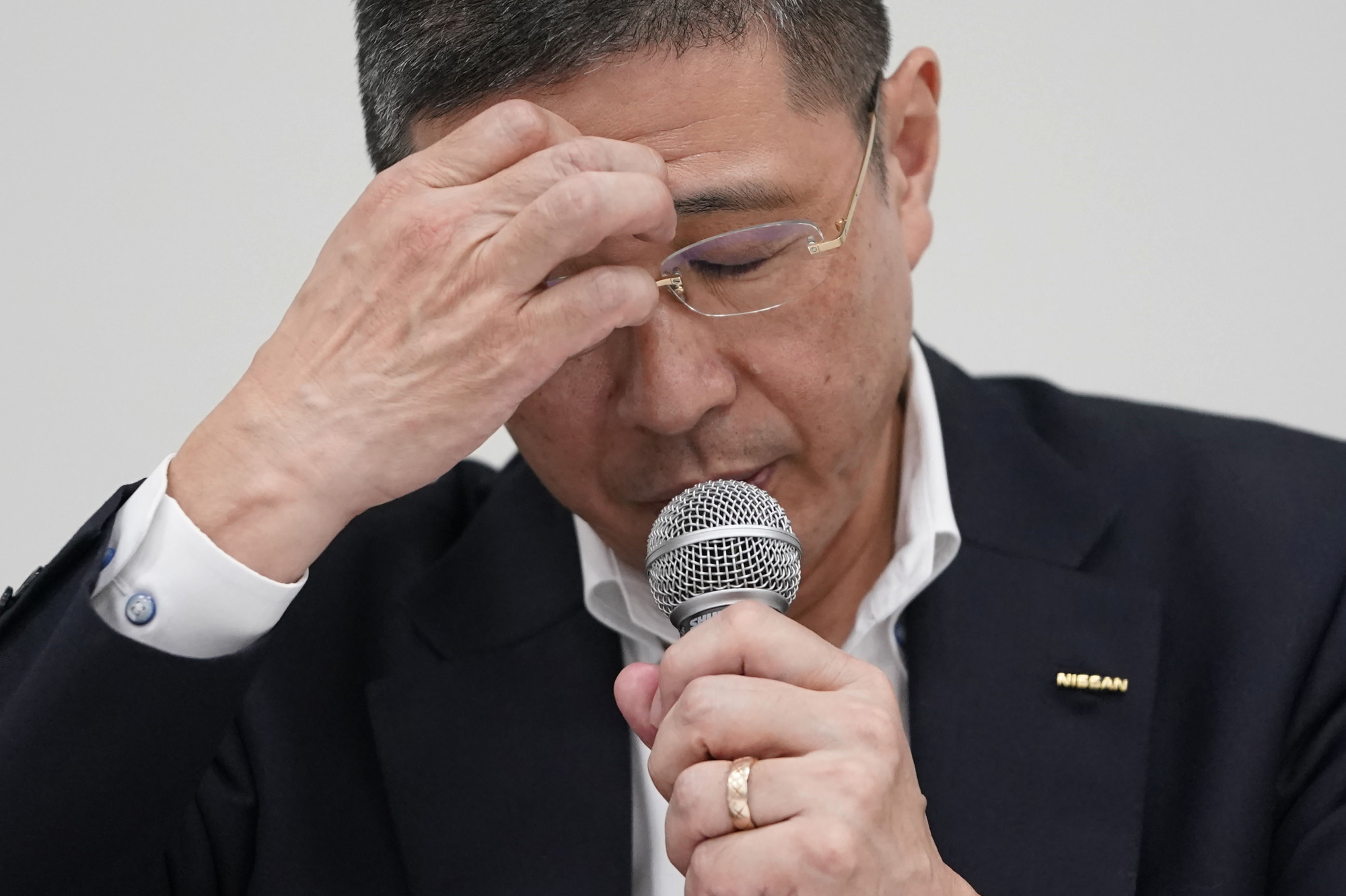In Japan, is there one standard of justice for Japanese executives and another for non-Japanese executives? The forced resignation on Monday of Nissan Motor Co.'s chief executive officer, Hiroto Saikawa, certainly seems to suggest as much.
When Nissan wanted to get rid of its then-chairman Carlos Ghosn, it conducted an internal investigation that was kept from Ghosn, found some examples of allegedly inflated compensation, sent the evidence to prosecutors — again without its chairman knowing — and patiently waited for a surprise arrest when Ghosn landed in Toyko last November.
Ghosn then spent the next four months in a small jail cell, under dire conditions that were designed to break him and force a confession. "Hostage justice," Ghosn's criminal defense lawyer Takashi Takano calls it.


















With your current subscription plan you can comment on stories. However, before writing your first comment, please create a display name in the Profile section of your subscriber account page.